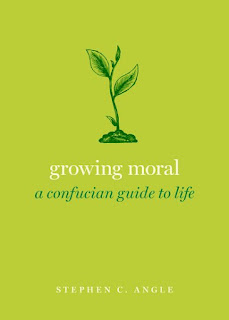
About the book, from the publisher:
Irvin argues that rules are the key to understanding what's going on in contemporary art.Follow Sherri Irvin on Twitter.
Contemporary art can seem chaotic: it may be made of toilet paper, candies you can eat, or meat that is thrown out after each exhibition. Some works fill a room with obsessively fabricated objects, while others purport to include only concepts, thoughts, or language. Immaterial argues that, despite these unruly appearances, making rules is a key part of what many contemporary artists do when they make their works, and these rules can explain disparate developments in installation art, conceptual art, time-based media art, and participatory art.
Sherri Irvin shows how rules are now an artistic medium: they are part of the work's structure and shape what it expresses. Rules are meaningful in themselves and help to activate the meanings of non-art materials and found objects, so audiences need to know about the rules to get the most out of their art experiences. Loss of information about the rules, like loss of a chunk of marble, can seriously damage the work, and preserving rules as well as objects is reshaping how museums maintain their collections. Where rules collide with real-world circumstances, they may be broken maliciously, mistakenly, or for good reasons, threatening the work's meanings and sometimes its very existence.
Should we celebrate the prominence of rules in contemporary art? Irvin argues that, while rules aren't always used well, they can be used to create distinctive meanings and provide powerful immersive experiences not achievable through any other means.
--Marshal Zeringue






























